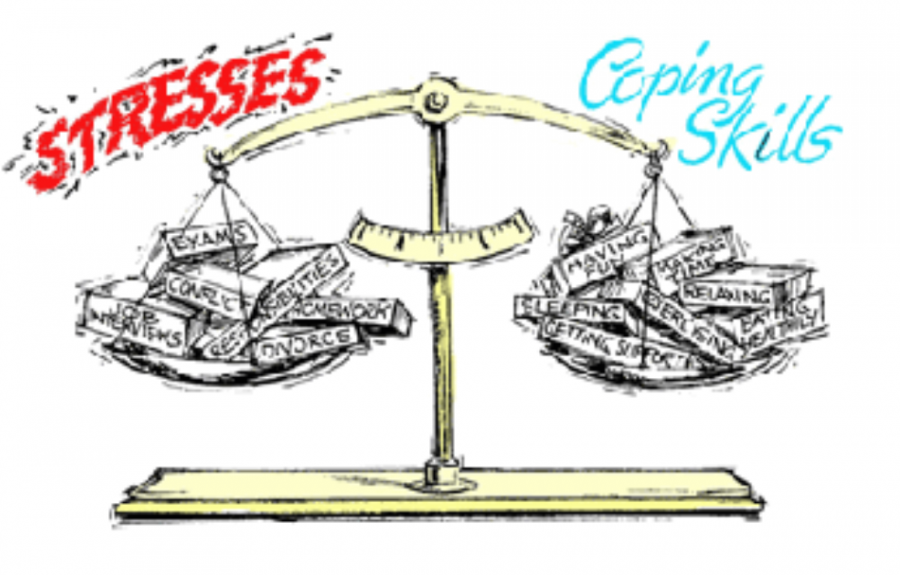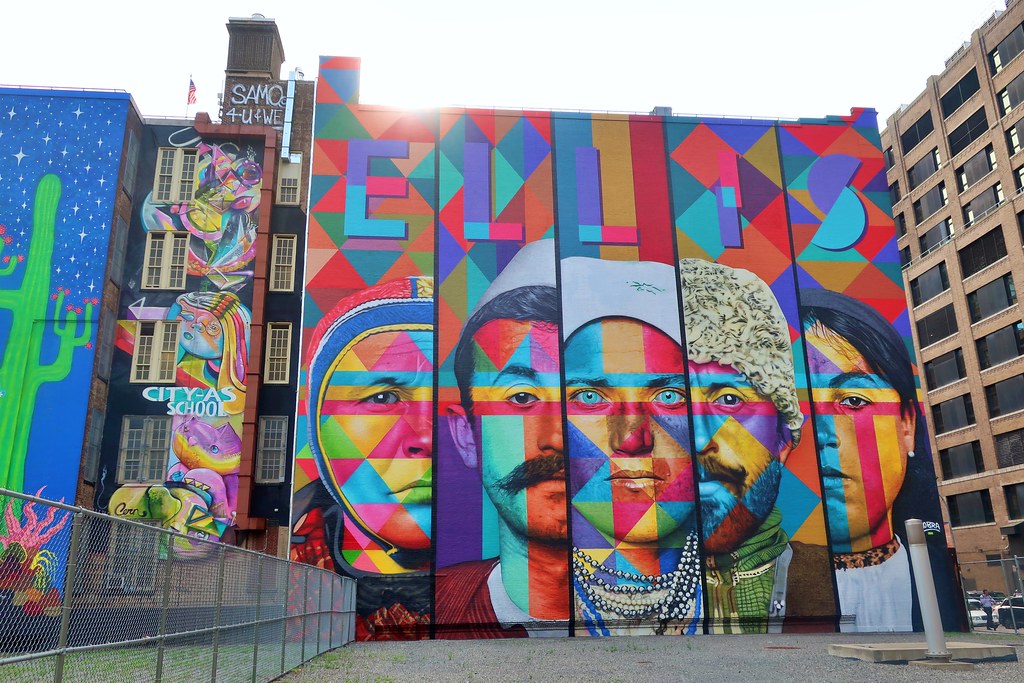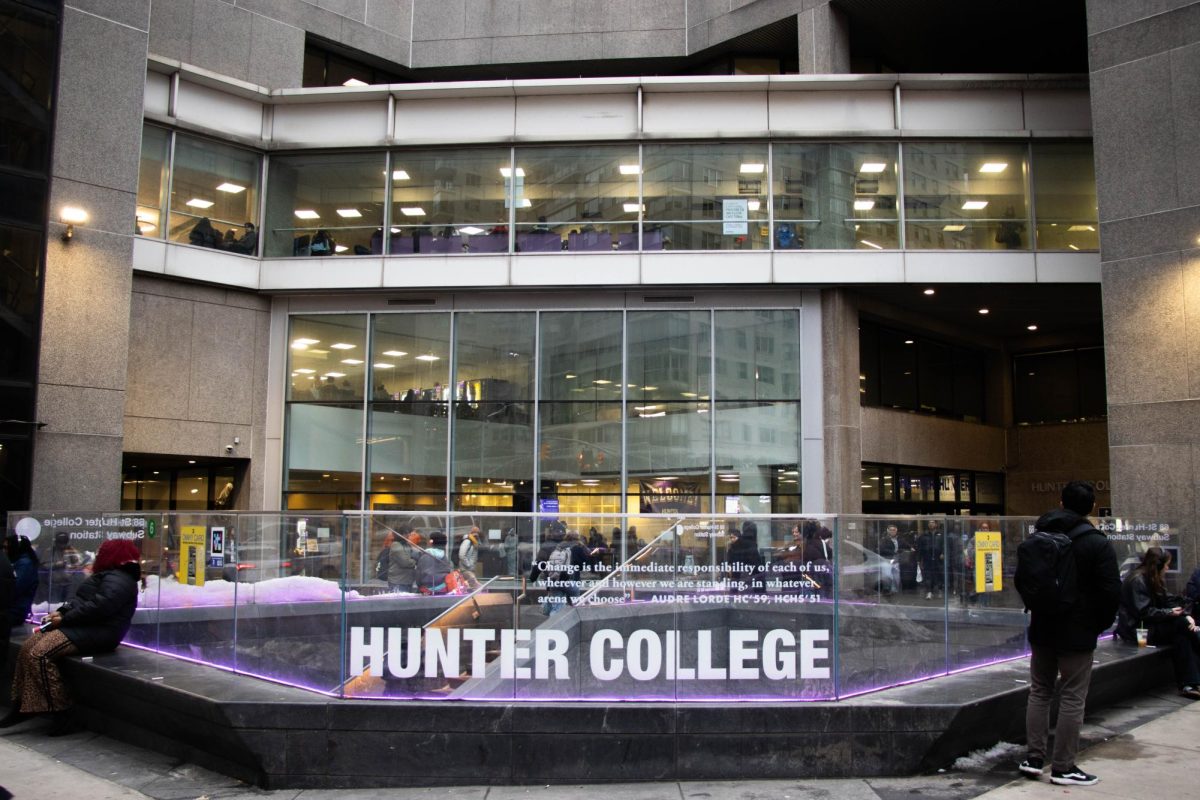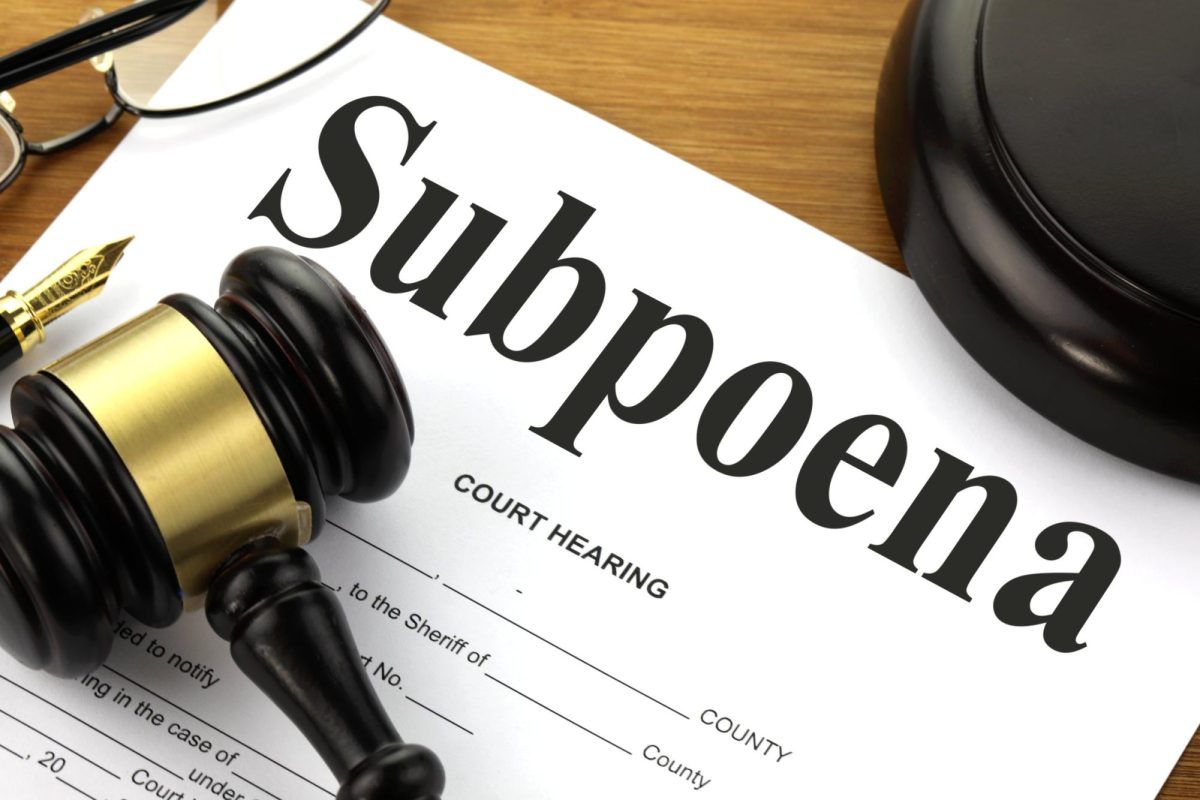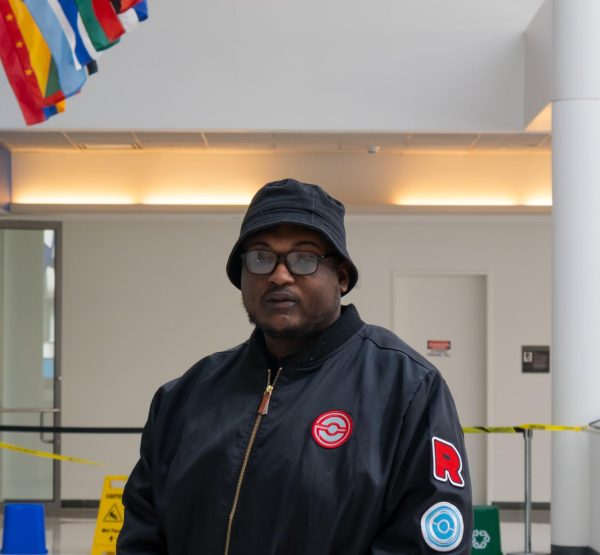The last four years of divisiveness in the nation after President Donald Trump entered office, in addition to the 2020 presidential election, can cause a lot of stress on a person’s mental state.
Politics in America have turned into a battlefield for Democrats and Republicans. America feels like it is more divided than ever before.
American politics has entered an age where passion, news and data mix. When people turn on their televisions, it looks like every political talk show panel is arguing with each other instead of talking to each other.
According to data from the American Psychological Association, 68% of adults in the United States say that the 2020 presidential election is a huge source of their stress.
No matter what side of the political spectrum Americans are associated with, both agreed that the 2020 presidential election was the primary source of stress.
Dr. Steve Stosny, a couples therapist based in Maryland, coined a term “election stress disorder” in 2016 when he noticed the uptick in the stress, anger and anxiety he saw in his practice during the 2016 presidential election.
Stosny was asked in The New York Times about the warning signs of election stress.
“The biggest one is irritability,” Stosny said. “What I found with angry people, especially, is that liberals will look at Fox News and conservatives will look at MSNBC to get angry.”
He also found the coronavirus pandemic is helping distinguish the stress that festered in 2016 to the stress that is festering in 2020.
“What makes this different, too, is anxiety about the virus,” Dr. Stosny said.
For college students, they are battling these two forms of stress — election stress and pandemic stress.
The COVID-19 pandemic has caused college life to shut down for many students, from classes being moved to remote format to lack of financial assistance from the federal government.
Election stress is added because some students believe that Trump’s current leadership in politics is not doing enough to combat the COVID-19 pandemic and that political conversations are not being conducted in a civil manner.
College students, especially those with majors directly aligned with politics, are faced with assignments that relate to news and politics, which can be emotionally exhausting.
Social media plays a role in election stress as well.
In a CNN article, Dr. Tania Maria Caballero echoed advice that many people can get behind — “take a break.”
“Recharge, re-center, take a break from social media and take care of yourself. New ideas and positive energy do not stem from a weary mind,” Caballero said.
The best advice Americans can give each other to deal with the aftermath and ramifications that might follow the remainder of the year is to take a break from the 24-hour news cycle and social media.
Americans can only focus on what they can control and that is their mental health.


